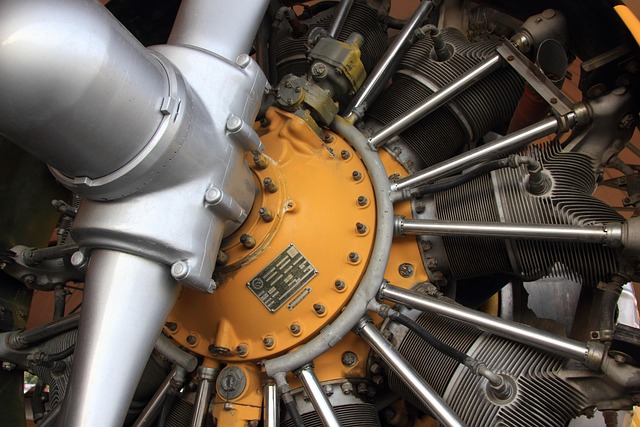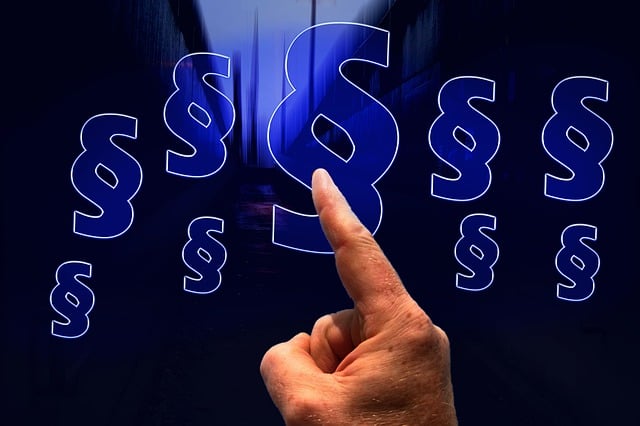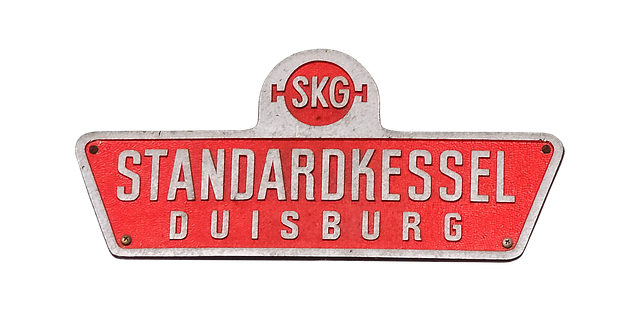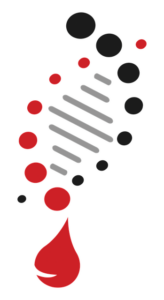Localize Technical Standards: UK Compliance Through Translation
Translation services for UK Technical Guidelines and Standards are vital for ensuring compliance across regulated industries, facilitating accurate communication, and harmonizing local regulations. Specialized providers offer expert knowledge, precis…….

Translation services for UK Technical Guidelines and Standards are vital for ensuring compliance across regulated industries, facilitating accurate communication, and harmonizing local regulations. Specialized providers offer expert knowledge, precise interpretation of technical jargon, and quality control measures to maintain accuracy and integrity in localized guidelines. Choosing reputable firms with native translators and rigorous processes guarantees error-free documents, fostering seamless navigation through the UK's regulatory landscape.
“Navigating the complex landscape of UK technical regulations requires a deep understanding and precise localization. This article explores the intricate process of translating and standardizing technical documents to meet UK requirements. From comprehending local laws to selecting the ideal language service provider, we delve into best practices ensuring accuracy. Discover strategies for tackling challenges, learning from case studies, and securing compliant, high-quality translations for your UK market entry or expansion.”
- Understanding UK Technical Regulations
- The Role of Translation in Standardization
- Challenges in Localizing Technical Documentation
- Best Practices for Accurate Translations
- Choosing the Right Language Services Provider
- Ensuring Compliance and Quality Control
- Case Studies: Successful Localization Projects
Understanding UK Technical Regulations

The Role of Translation in Standardization

Translation plays a pivotal role in standardizing technical guidelines and standards across industries, ensuring compliance with UK regulations. Accurate and contextually appropriate translation services are essential to convey complex technical information uniformly. Professional translators specialize in localizing content, adapting it to the nuances of the English spoken in the UK while adhering to industry-specific terminology.
When it comes to technical documents, effective translation goes beyond word-for-word rendering. It involves understanding the intent and functionality described within the original text and translating that meaning precisely into the target language. This meticulous approach guarantees that standardized procedures and specifications remain consistent and accessible to all stakeholders, facilitating smoother implementation of UK regulations across diverse sectors.
Challenges in Localizing Technical Documentation

Localizing technical documentation for the UK market presents several unique challenges. One of the primary difficulties lies in ensuring accuracy while adapting content to fit specific British regulations and terminology. Technical guidelines and standards often use specialized jargon, and precise translations are crucial to maintaining their integrity. Relying on machine translation alone can lead to errors or ambiguous interpretations that may compromise compliance.
Another challenge is staying up-to-date with evolving UK regulations, which can differ significantly from international standards. Consistent revision and quality assurance are essential to guarantee that translated documents remain relevant and precise. Engaging professional translation services specializing in UK Technical Guidelines and Standards is vital to overcoming these hurdles and ensuring that localized content meets all necessary legal requirements effectively.
Best Practices for Accurate Translations

When localizing technical standards for UK regulations, accurate translations are paramount. Start by choosing translation services that specialize in scientific and technical content. These professionals should possess a deep understanding of both the source and target languages, as well as industry-specific terminology. Employing native speakers who are experts in their fields can significantly enhance the quality of the translation, ensuring that technical accuracy is preserved.
Best practices include providing clear context and access to all relevant resources, such as glossaries and style guides. Regular communication with translators allows for real-time clarification of any ambiguous terms. Additionally, proofreading by a separate team specialized in technical translations is crucial to catch any errors or inconsistencies before final delivery. This meticulous approach guarantees that the localized guidelines and standards are not only linguistically correct but also technically sound.
Choosing the Right Language Services Provider

When localizing technical standards for UK regulations, selecting the right language services provider is paramount. Look for a company specializing in translation services for UK Technical Guidelines and Standards, with native-level translators who understand both the source and target languages. This ensures accuracy in conveying complex technical information while adhering to British linguistic nuances.
Beyond proficiency, consider their process and resources. Reputable providers employ rigorous quality control measures, such as proofreading and desktop publishing, to guarantee error-free documents. They may also offer specialized technical subject matter expertise, ensuring the translation captures industry-specific terminology accurately.
Ensuring Compliance and Quality Control

Ensuring compliance with UK technical standards is paramount, especially when aiming to localise them for specific regions or industries. Accurate and reliable translation services play a critical role in this process. Professional translators with expertise in technical terminology and regulatory requirements are essential to maintain the integrity of the original guidelines. They meticulously translate each clause, ensuring that the adapted version adheres strictly to local laws and standards.
Quality control measures should be implemented throughout the localisation process. This includes proofreading, peer review, and comparing translated documents against the source material. By employing these strict protocols, any potential errors or inconsistencies can be caught early on. The result is a high-quality, compliant document tailored for UK technical guidelines and standards, ensuring smooth navigation through the local regulatory landscape.
Case Studies: Successful Localization Projects

Successful localization projects for UK technical guidelines and standards have demonstrated the value of tailored translation services. One notable example involves a global manufacturing company that needed to comply with British safety standards for machinery. By employing native English speakers with technical expertise, the project team accurately translated complex regulations while ensuring compliance with local terminology and legal nuances.
This process involved not just word-for-word translation but also adapting content to fit cultural and regulatory contexts. Another successful case involves a software development firm localizing its user manuals for the UK market. By collaborating with translators who understood both IT concepts and British English idioms, they created accessible and accurate documentation that enhanced customer satisfaction. These projects highlight the importance of specialized translation services in effectively localizing technical standards for compliance with UK regulations.
Localizing technical standards for UK regulations is a meticulous process that demands expertise. By understanding the intricacies of UK technical regulations, leveraging translation’s power, and adhering to best practices, you can ensure accurate and compliant documentation. When selecting a language services provider, prioritize those with proven success in this domain. Through rigorous quality control measures, you can maintain compliance and achieve seamless integration of technical guidelines and standards into the UK market.







